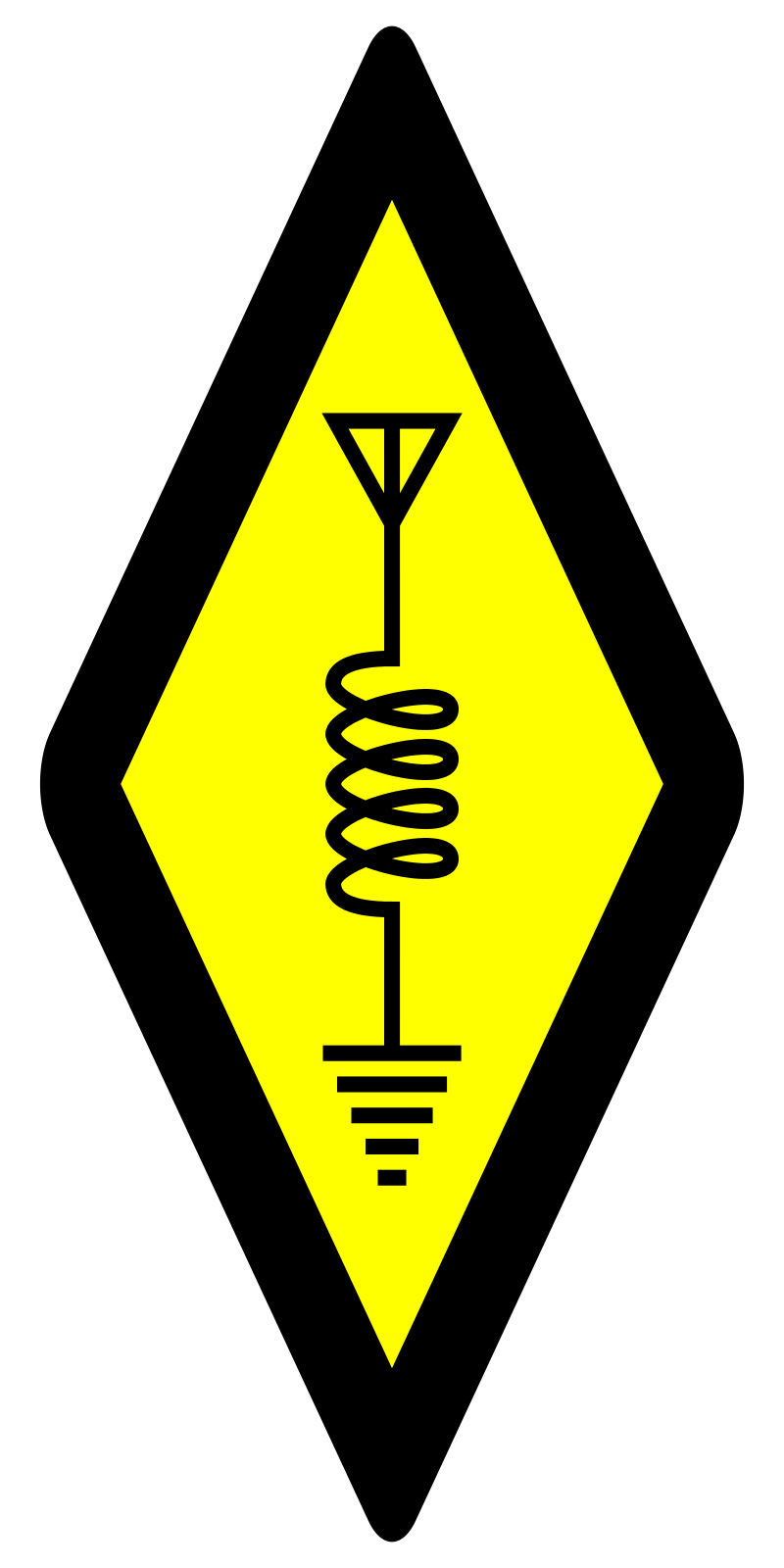

Mosquito nets are still an effective intervention against malaria, not least as “there’s a vaccine” is a very, very long way from “everyone is vaccinated” especially as really useful interventions such as draining marshland where A. falciparum breeds or attempting to eradicate it with insecticide are substantially harder and, also, take time. Given that half of all deaths from malaria are in children under 5 and that the malaria parasite is not transmitted between humans but from mosquitos to humans the herd immunity effect doesn’t really exist if people are still getting bitten. (FWIW, my dad literally wrote a book called “Malaria”)
EAs are wrong about a lot of stuff but they’re not wrong about malaria eradication being about more than vaccines.





“come closer, my child, I must feel your bumps and measure your cranium”